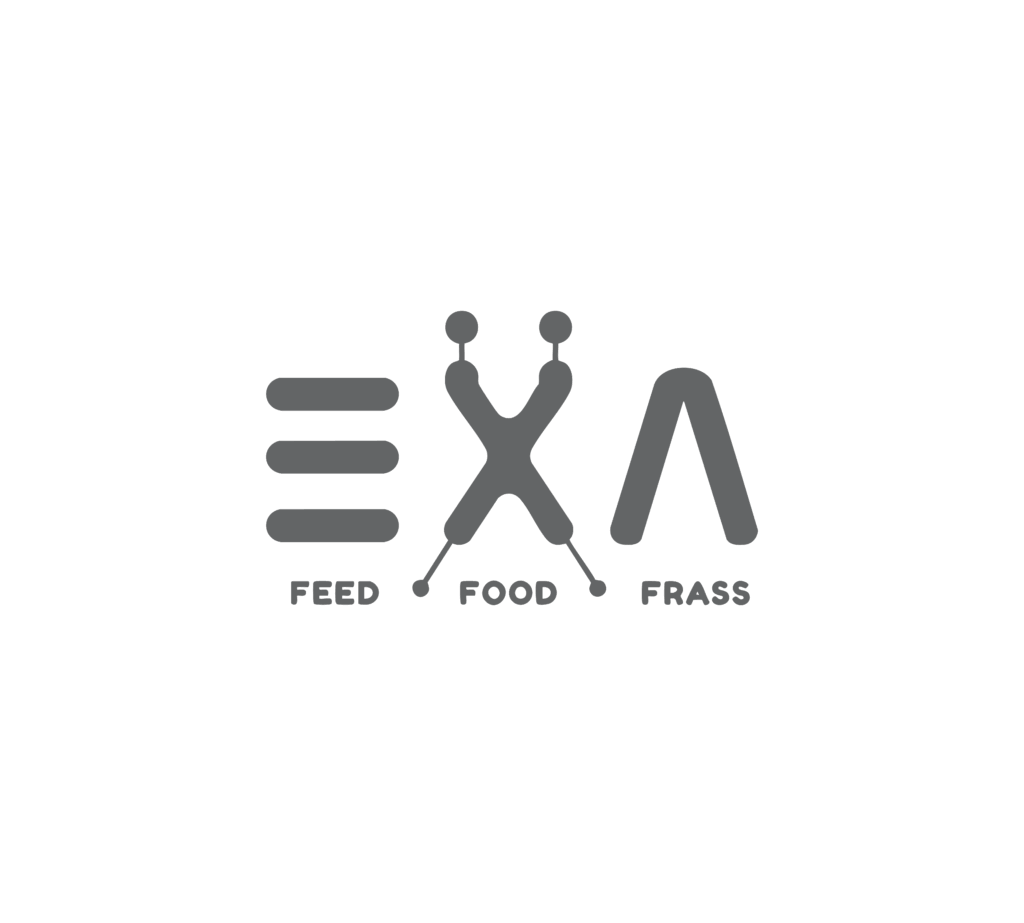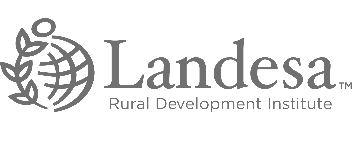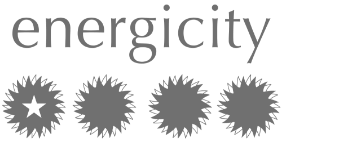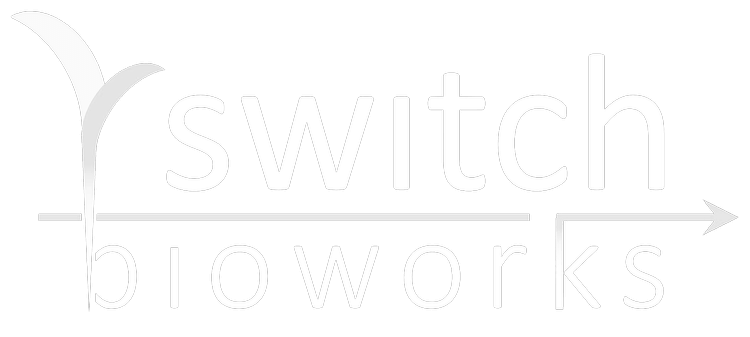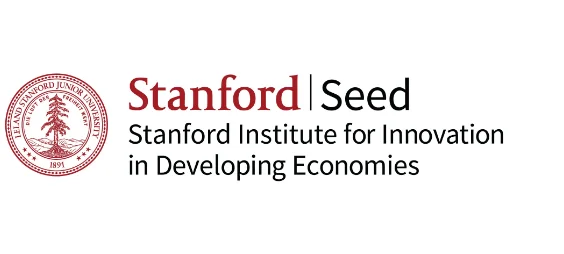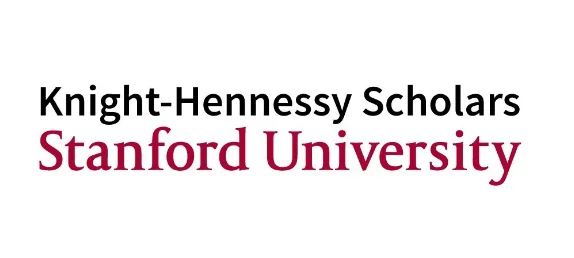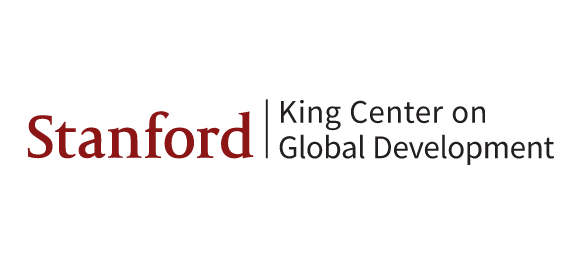FOCUS & PRIORITIES
Our investments and grant areas align with what those in extreme poverty need most for their livelihoods.
RECENT GRANTS & IMPACT INVESTMENTS
We invest in the most impactful social ventures of our time. They utilize breakthrough technology and solve problems in a scalable way.
Tap Each Image to Read More
FORCE MULTIPLIERS
We amplify the impact of our grants and investments in 2 ways.
Developing Leaders
We empower the next generation of leaders with the skills and resources they need to create measurable change in their communities. These programs equip students to create a far-reaching impact in the world.


